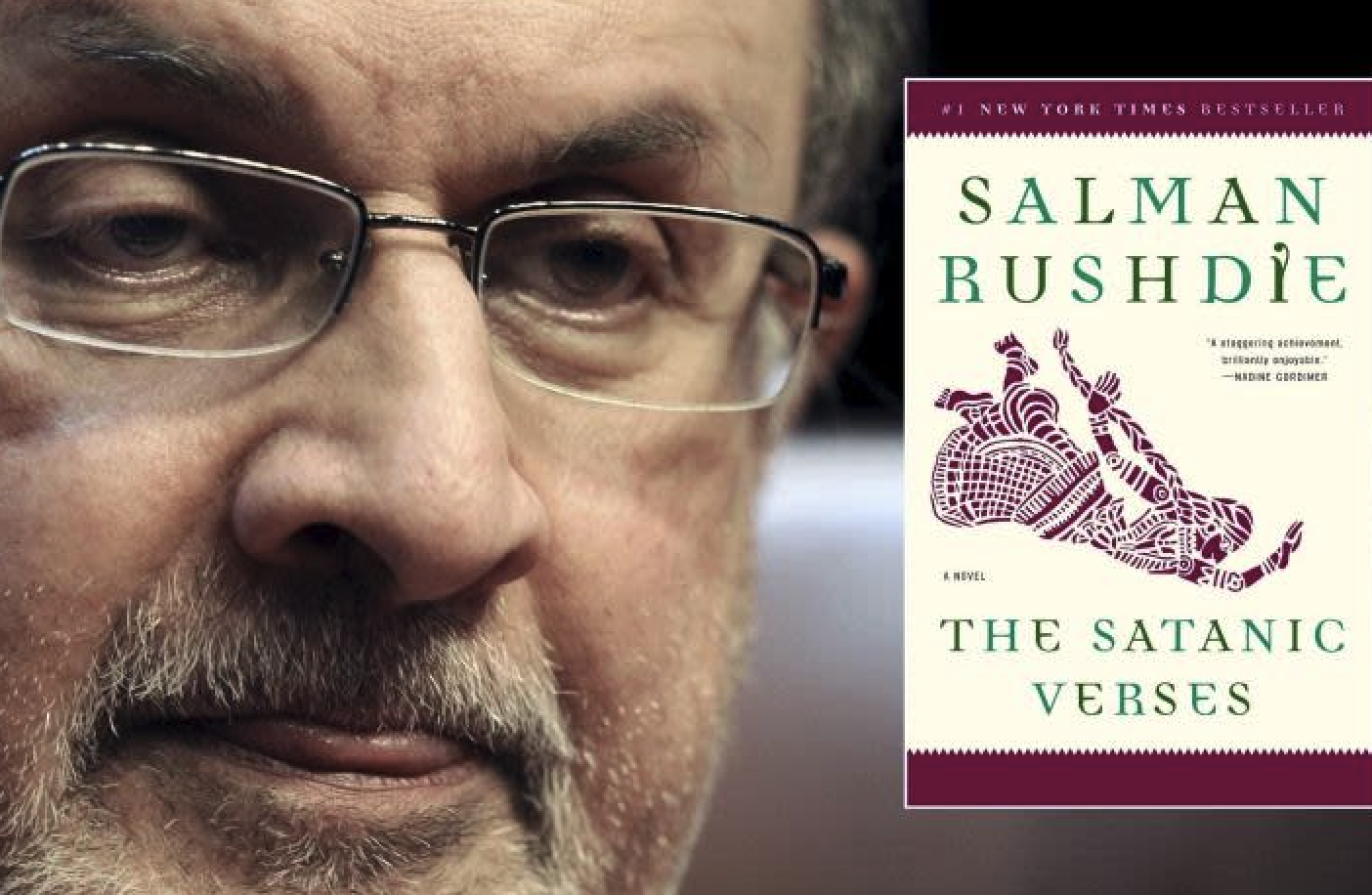THE QUESTION:
What do world religions believe on polygamy, pro and con?
THE RELIGION GUY’S ANSWER:
With religion, age-old issues such as polygamy vs. monogamy never disappear, and a recent Jerusalem Post article discussed Jewish practices, which we’ll examine below.
First, some terminology: What’s called “polygamy” occurs in two ways. “Polyandry” means one woman with more than one husband, a rare form found among, for instance, some Buddhists in Tibet where the husbands are commonly brothers. The familiar form technically named “polygyny” is one man with more than one wife. “Bigamy” applies when civil law makes plural marriages a crime.
All of that needs to be distinguished from modern “polyamory,” namely multiple and consensual sexual ties with various gender configurations minus marriage (see this recent GetReligion podcast and post). These range from “free love” to “open” relationships to formalized temporary or permanent sexual groupings. Notably, this movement is now acceptable within one U.S. religion. Unitarian Universalists for Polyamory Awareness is officially recognized as a “related” organization of that denomination serving members who support and promote such a sexual identity.
Polygamy has been opposed by Christianity throughout history but exists without dispute in lands dominated by the world’s second-largest religion, Islam. Most other nations make it a criminal offense. The United Nations Human Rights Commission expresses moral abhorrence and urges abolition, arguing that legal polygamy violates “the dignity of women.”
Indigenous religion that involves polygamy continues in some sectors of Africa. South Africa allows it not only for the Muslim minority but for those who maintain their traditional cultures, for example former President Jacob Zuma of the Zulu people, who has four wives. Modern India forbids polygamy even though it was part of Hindu tradition, but similarly allows it for Muslims.
In U.S. history, hostility was such that in 1856 the major pronouncement by the first convention of the newborn Republican Party declared that Congress must “prohibit in the territories those twin relics of barbarism, polygamy and slavery.”










